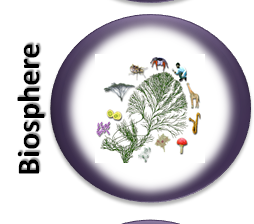Tag Archives: understanding
26 Feb Choosing an Ontology Framework
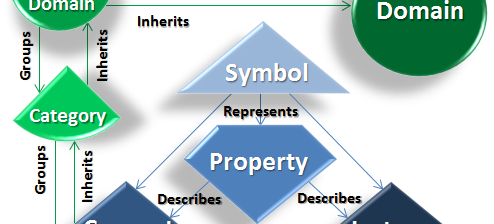
Ontology is a knowledge representation language like Roger Schank‘s Semantic Networks and John Sowa‘s Conceptual Graphs or Doug Lenat‘s Semantic Web. An Ontology framework is the model (structure, function and content definition) in which you choose to build your ontology. Like a Relational Database or an Object Oriented Programming Language, an ontology has defined structures, functions […]
24 Feb Intro to the End of Code
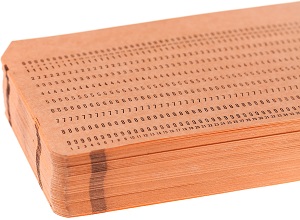
By: Joe Roushar – February 2013 In the Beginning When computer programming began, it consisted mostly of written computer instructions called code. Data was minimal. Decks of dozens to hundreds of punched cards told the computer what to do with the data, which was also encoded on punched cards. The process of writing and debugging code was tremendously tedious. As computing […]
21 Jan Gating in Human Reasoning

Both neuroscience and computer science have borrowed the metaphor of the gate for representing the function of letting some things go through and restricting others. In computing it is mostly a binary function: if the gate is closed, nothing comes in, if the gate is open, everything that is at the threshold comes in. I chose the pictures above because gates […]
27 Dec Microtubules
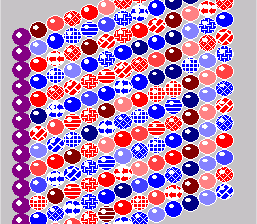
Microtubules Neurons have hundreds of MT distributed in the soma and in the axon and dendrites. Microtubules, like IF, are filamentous organelles that form the cytoskeleton of neurons. Their cylindrical, composite polymers comprise part of the cytoskeletal infrastructure of cells. Their cylinders are long, and they possess a distinct polarity. Their surfaces are composed of spherical tubulin in columns […]
07 Dec Probability of Understanding Meaning
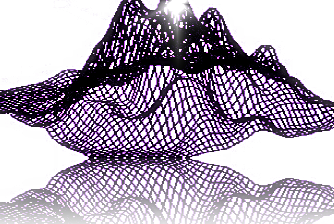
Some suggest that computers can achieve full language understanding capabilities using statistical models. Others argue that heuristics or programmatic interpretation that uses special procedures tailored to linguistic phenomena. The two camps are as far apart as ever. Consider the comments around this recent article on Tor.com. On the one side, Norvig demonstrates the validity […]
01 Dec Robot Neurons: Analog versus Digital
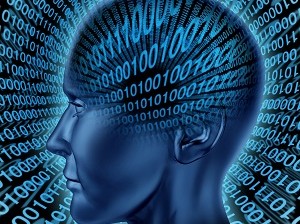
Digital is basically black and white: 1 is yes and 0 is no or vice-versa. Yet our world is full of other colors. We can efficiently use digital devices to stretch arbitrary numbers of 1’s and 0’s together to represent a virtually infinite degree of possible values. Yet there are places where exactly two values may […]
10 Nov Seeking a Universal Theory of Knowledge
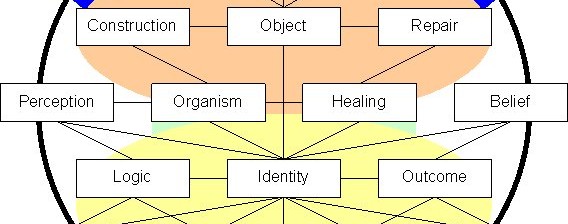
As a fundamental premise for this post, this blog as a whole, and my life’s work, I propose that language and “real world knowledge” are inextricably connected, and neither functions well without the other. This is why, in my opinion, natural language processing (NLP) initiatives focusing exclusively, or even primarily on language structure have significant […]
05 Nov Evolution of Language
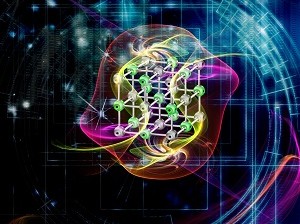
Evolution of Language Did humans become smart by necessity? With the forces of nature combined to rig the test for “survival of the fittest”, as human evolution from lower forms, how did these ill-equipped creatures, with their weak jaws and thin hides, make the natural-selection cut? It sounds like it was a perilous journey. One […]
19 Oct Think Before You Speak?
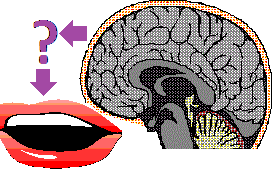
How closely is your brain connected to your mouth? Please don’t answer that. I want to blog about it for awhile so hold the thought. There is a bunch of electrical activity in the brain around organizing concepts into context, and a bunch more around putting your thoughts into words. This organizing and putting may […]





